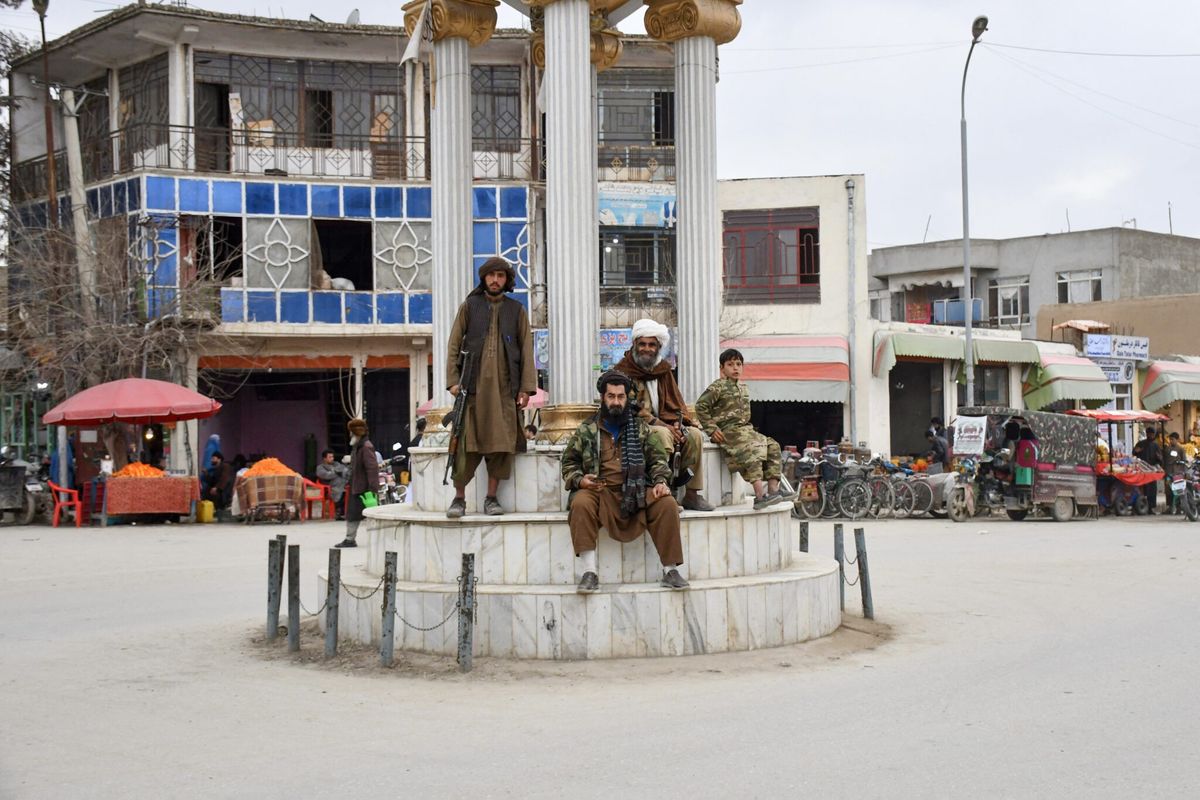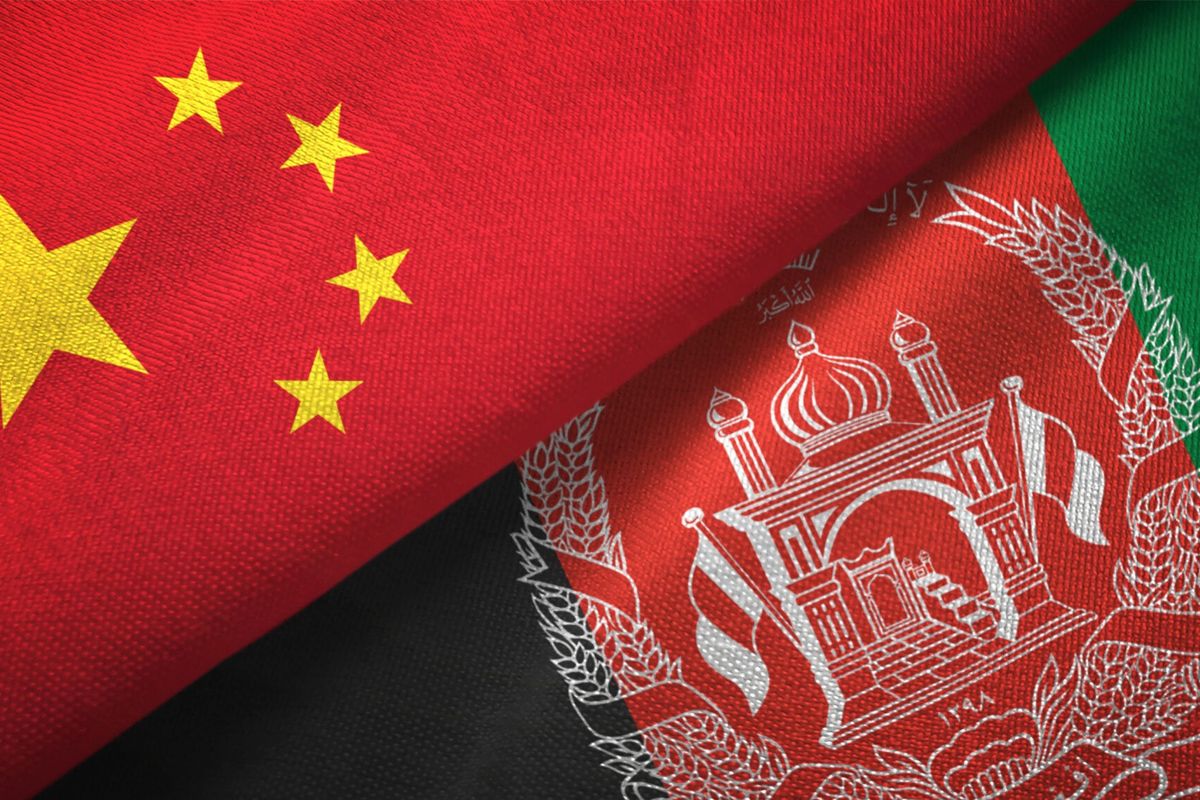Tim Willasey-Wilsey is a former senior member of the British Foreign Office. He is currently a Senior Visiting Research Fellow at Kings College London’s Department of War Studies.
When one looks at the proposed agreement between the United States and the Taliban due to be signed on 29th February there is one stand-out winner; Pakistan. Since 2001, Pakistan has played a high-stakes game but, whereas other players (notably NATO countries) have flip-flopped between policies, Pakistan has retained its strategic vision and held firm. However Islamabad (or rather Rawalpindi; because Afghan strategy is dictated by the Army) needs to be careful. If the next 2 or 3 years go badly in Kabul there could be serious implications for Pakistan’s own territorial integrity.
After 9/11, the Pakistanis had some painful decisions to make and the first meeting of the Corps Commanders (the committee of 3-star generals and above) was tense. General Pervez Musharraf’s view prevailed; that Pakistan must assist the United States in tracking down the Al Qa’ida terrorists who attacked New York and Washington. There is no doubt that Musharraf’s help in those early years was crucial in undermining AQ’s operational effectiveness.
However, Musharraf regarded Afghanistan as a separate ‘compartmented’ area of policy. Pakistan has long followed the British ‘Forward Policy’ which, in colonial times, was intended to keep Russia out of Afghanistan by actively supporting proxies in Kabul whilst (wherever possible) keeping boots off the ground. The British experiences in 1842 and 1880 persuaded them of the folly of actual intervention. The ‘Forward Policy’ worked and the Russians (and later the Germans) were prevented from posing a threat to British India.
Since 1947, Pakistan adopted the same policy but with the aim of keeping India out of Afghanistan. This too has been successful. There was a period of apprehension, from 1992 to 1996, when the ethnic Tajiks, President Rabbani and his Defence Minister, Ahmed Shah Masood, controlled Kabul. They were supported by Russia, Iran and India. The Pakistanis backed the Pashtun Gulbuddin Hekmatyar in an effort to defeat Rabbani’s ‘Northern Alliance’ but, when Hekmatyar proved ineffective, they changed horses and favoured the new Taliban movement (also Pashtun) which developed in 1994.
Supporting the Taliban has not always been easy for Pakistan. When they were in government (from 1995-2001) their excesses (such as the mass executions in the National Stadium) must have caused concern to Islamabad as did the arrival of Osama Bin Laden from Sudan in 1996 and the setting up of AQ training camps. It would be wrong, however, to think that Pakistan was able dictate Taliban policies. The Taliban have always regarded the Pakistan Army (which is Punjabi dominated) as a quasi-colonial entity; useful at times but to be handled with considerable caution.
After 9/11, Pakistan’s support of the Taliban also threw up more difficult moments. When the British arrived in Helmand, the Taliban, based directly across the porous border in Balochistan, posed a persistent and ultimately terminal threat to the British Task Force. There must have been concern in Pakistan that Britain would place in jeopardy the whole bilateral relationship, including an extensive aid programme and a heavily-used visa regime. Instead, London always believed that Pakistan was on the verge of changing policy.
Latterly it was the Americans who lost patience with Islamabad following a succession of events; which included the discovery of OBL hiding in Abbottabad, a stone’s throw from the Pakistan Military Academy. Relations with the Obama and Trump administrations became increasingly tense and military assistance programmes were suspended. The Americans also pressed Pakistan to destroy the Haqqani network, the most effective militant organisation fighting alongside the Taliban. The Haqqanis have been close to the Pakistan army since the early 1980s and Pakistan had no intention of eliminating them. Instead, Pakistan played for time.
The tactic worked well. Washington recognised that Pakistani help, and their influence over the Taliban, were essential if the US were going to get out of Afghanistan. As President Trump said of Pakistan’s Prime Minister Imran Khan in Washington in late July last year; “Pakistan’s going to help us to extricate ourselves”. Islamabad’s policy had been vindicated.
However, it is too early for Islamabad to fly the ‘Mission Accomplished’ banner. Although America is unpopular in Pakistan, the government (and especially the army) knows the value of the US relationship. Their ‘all weather’ Chinese alliance is important to them but Beijing’s financial controls are tighter. There is also a danger that the US, once safely out of Afghanistan, might desert Pakistan, as it allegedly did after the Soviet withdrawal in 1989.
One option for Islamabad would be to host those elements of the American Counterterrorist mission which are currently in Afghanistan. An even better choice would be for Pakistan to invest in a genuinely collaborative internal Afghan process. This would mean abandoning its preference for another Taliban takeover and accepting people like Ashraf Ghani and Abdullah Abdullah in a government of national unity. This would mean swallowing a lot of pride. Ghani has said many harsh things about Pakistan and Abdullah was the long-serving assistant of Ahmed Shah Massod.
Recent history is not encouraging. President Hamid Karzai’s government after 2001 was genuinely multi-ethnic but Pakistan always argued that the ‘power ministries’ were in the hands of the Northern Alliance. Islamabad looked warily at the establishment of Indian consulates and the use of Indian construction workers on major infrastructure projects.
That period exposed the major flaw in Pakistan’s view of Afghanistan, which is its belief that a Pashtun-only government must be installed in Kabul. A Pashtun government, especially of an Islamist hue, might well keep the Indians at arm’s length. However, it will inevitably develop aspirations for the Pashtun areas of Pakistan including the whole of Khyber Pakhtunkhwa (formerly North West Frontier Province), one of Pakistan’s four provinces. There is also a significant Pashtun presence in Baluchistan and in Pakistan’s biggest city, Karachi, which could succumb to secessionist influences from Kabul.
Having shown remarkable durability in its policy towards Afghanistan, Pakistan should, in its own interests, demonstrate flexibility and magnanimity and support a broad-based government in Kabul.
Tim Willasey-Wilsey is Senior Visiting Research Fellow at King’s College, London and a former senior British diplomat.
Read more expert-driven national security insights, analysis and opinion in The Cipher Brief














